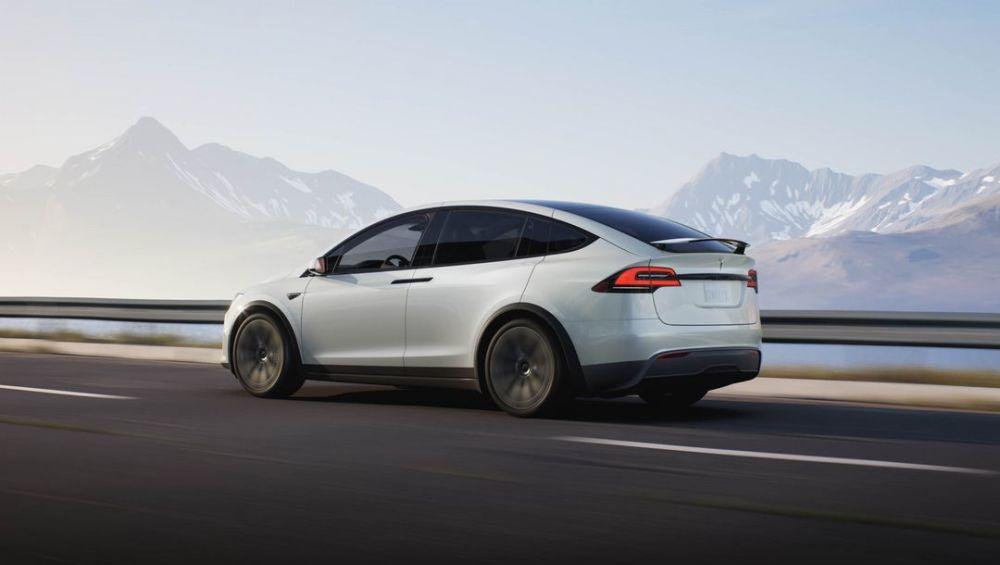Thanks to Russia's invasion of Ukraine, global automakers will struggle to lower the price of electric vehicles.
That's because the prices of battery materials such as nickel and lithium, which account for a large percentage of the price of electric vehicles, have risen sharply. According to battery industry statistics, raw materials account for 70-80% of the cost of batteries.

According to foreign media sources such as Reuters, nickel prices in the international market have recently hit a new high in 11 years. This is because nickel exports from Russia, the main producer, have all but stopped. Russia produces about 7% of the world's nickel. In addition, Russia is one of the main producers of aluminum, which is the main raw material for electric vehicles.
The price increase of nickel, lithium and other materials has had an impact on the price of battery (the most expensive part of electric vehicles) cars, and the price trend of pure electric vehicles in recent years has gradually declined through mass production with the popularity of production, but this year is likely to usher in a rebound.
While automakers emphasize "electric vehicle popularity", electric vehicle prices have seen a significant upward curve last year. According to research firm Cox Automotive, the average price of electric vehicles in the U.S. in January was $63,000, which is about 35 percent higher than the average price of an internal combustion engine car at $46,000.
According to the International Energy Agency, electric vehicles will account for about 9% of global new car sales in 2021. Consultancy Alex Partners predicts that by 2030, the market share of electric vehicles will reach 24%. However, this prospect takes into account the continued price reductions for electric vehicles.
Rising prices of electric vehicles could become a major obstacle to the popularity of new energy vehicles.
Even Tesla, which sells the most electric cars, is trying to reduce the price of electric vehicles. In December 2020, Tesla raised the starting price of the entry-level Model 3 by 18% to $44,990.
Elon Musk announced plans to launch an entry-level electric car that costs $25,000, but recently posted on his social media accounts that it is "difficult to develop (low-cost electric vehicles)", he said, hinting that there is a possibility of stopping development.
The rise in the price of battery raw materials has put a lot of pressure on start-ups.
Rivian, an electric vehicle startup that has attracted much attention for high-performance electric pickups, recently announced that it will raise the price of new cars by 20%, but canceled due to strong consumer opposition. Lucid has yet to raise prices, but the CFO said in February, "We're trying to figure out a reasonable price to offset the increase in supply chain costs." ”
At this time, the smaller the company, the less bargaining power it has with its suppliers.